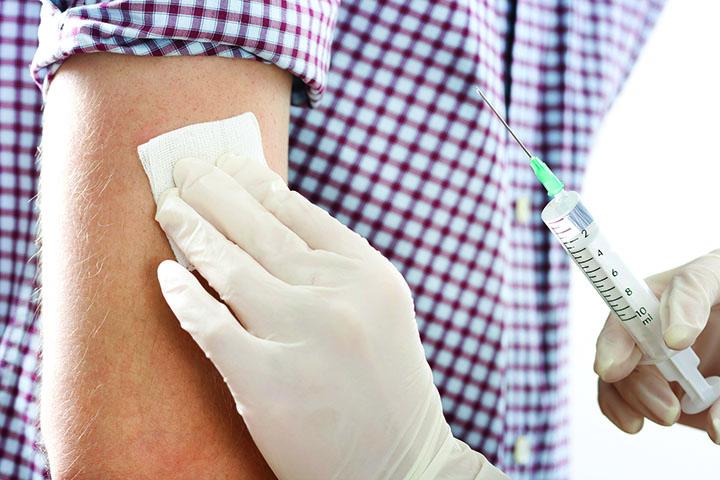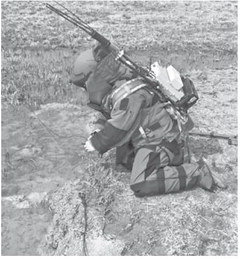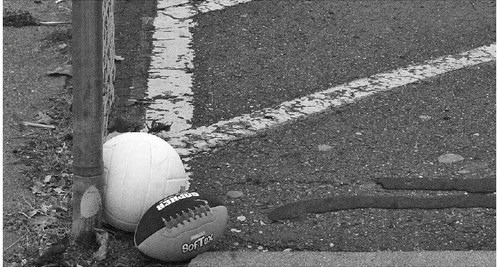Protect yourself from RSV and respiratory illnesses


Cases of flu, COVID-19 and RSV cases are increasing, with the state especially seeing an increase in hospitalizations of young children infected with RSV. Respiratory illnesses increase during the colder months, as people spend more time indoors.
Seasonal flu and COVID-19 vaccines are recommended for everyone, six months and older. Pregnant people, parents of children under 19 months and adults over 60, should talk to their doctor about RSV vaccines and preventive treatments.
“Getting vaccinated now will help your body build protection against these viruses, and can prevent you from getting sick or spreading the virus to others, or can keep your symptoms mild, if you do get sick,” said Wisconsin Immunization Program manager Stephanie Schauer.
Influenza and COVID-19 vaccines are reported to be in good supply statewide, and supplies of pediatric COVID- 19 vaccine continue to arrive at health centers and clinics. National shortages of RSV preventive treatment for infants (nirsevimab) continue to impact Wisconsin.
Healthcare providers are asked to prioritize infants at highest risk of severe illness and pregnant people are reminded that getting the RSV vaccine can protect infants, once they are born.
In addition to getting recommended vaccines, other things that can be done to prevent respiratory illnesses, include washing hands regularly, cleaning surfaces and taking good care of the body. This also includes getting good sleep, drinking plenty of water, managing stress and exercising regularly.
When planning holiday celebrations, remember that respiratory viruses spread more easily when people are gathered indoors. If feeling sick, get tested for COVID-19, influenza, RSV or other respiratory viruses.
Wisconsinites can still order free, at-home COVID- 19 tests from the federal government, at covid.gov.
If a person is sick, stay home. This helps protect others, especially those who are most vulnerable.




